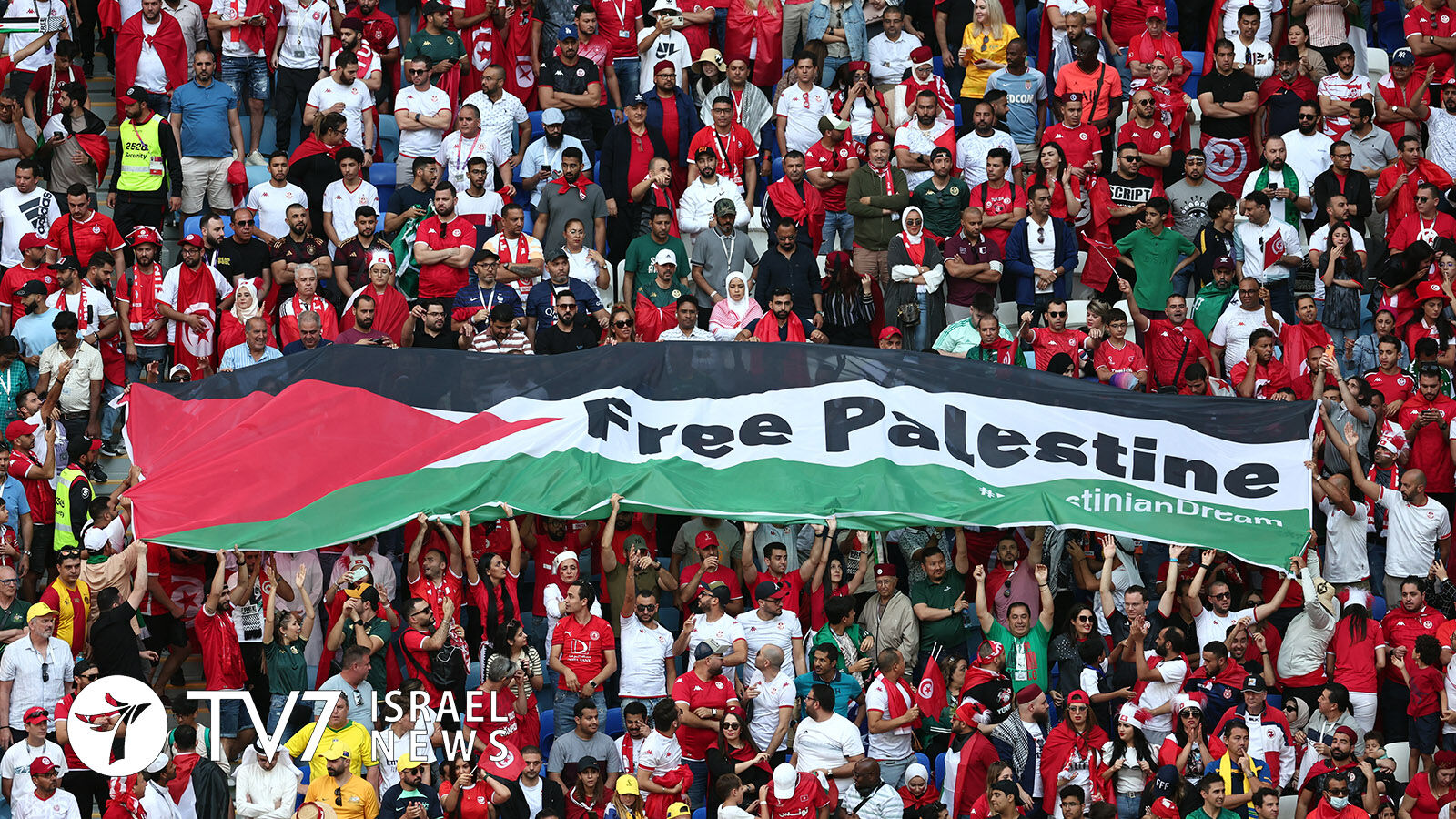Israel’s National Security Council (NSC) has raised the alert level for Israelis attending the games in Qatar.
By Erin Viner
The travel warning has been raised to Level 3 following daily situation assessments on increasing hostility experienced by Israelis at the matches; just one level below enemy states including Iran, Syria, Lebanon, Iraq and Yemen. While the agency stopped short from instructing Israelis to return home, it issued a strong advisory against speaking Hebrew or displaying Jewish or Israeli symbols in public.
The negativity illustrates challenges facing Israel’s hopes of establishing a wider “warm peace” with neighboring states following the United States-brokered 2020 Abraham Accords with the United Arab Emirates , Bahrain, Sudan and Morocco. The first Arab state to sign a peace treaty with Israel was Egypt in 1979, and the Hashemite Kingdom of Jordan in 1994.
Hopes of attaining better ties were further encouraged after the Fédération Internationale de Football Association (FIFA), the sport’s global governing body, brokered a deal for eligible Israeli Jews and Arabs, as well as Palestinians living in Jerusalem, the West Bank, and Gaza Strip fans to board the historic first direct Tel Aviv-Doha flights to attend the World Cup, held 20 November to 18 December.
When announcing last June that Israelis would be permitted to attend the first World Cup hosted in the Mideast, then-Foreign Minister Yair Lapid said the move “opens a new door for us to warm ties.”
Qatar, which does not officially recognize Israel, has long maintained that any normalization would be linked to the creation of a Palestinian state.
The situation on the ground in the Persian Gulf state, however, did not bode well from the start.
A small but vocal 24-member Qatar Youth Against Normalization group protested the arrival of the Israeli sports fans.
“It has come as a shock to us that days leading to the World Cup, Qatar has entered new territories of normalization with the announcement that direct flights will now operate between apartheid-Israel and Doha,” the activists declared in a statement.
While a spokesperson for the Israeli delegation said there had been no reports of ill-treatment of the estimated 10,000 to 20,000 Israeli fans, he did acknowledge “a few incidents” involving Israeli media.
Arab soccer fans have largely shunned visiting Israeli journalists; and video circulating online showed two Saudi fans, a Qatari shopper and three Lebanese fans walking away from the reporters.
A Channel 13 reporter said Palestinian fans held an impromptu protest next to him, waving their and flags and chanting “go home!”
Qatari players have worn pro-Palestinian arm-bands, while Tunisian and other fans have been seen raising the Palestinian flag during one of the matches.
“We encounter mostly hate,” said two journalists from the Ynet news agency, which reported that they were targeted by “disdain, disgust, and threats from Arab soccer fans, even those hailing from countries who have normalized ties with Israel.” Raz Shechnik and Oz Mualem wrote, “Whenever we report, we are being followed at all times by Palestinians, Iranians, Qataris, Moroccans, Jordanians, Syrians, Egyptians and Lebanese – all giving us looks full of hate,” while noting, “Weirdly, the Saudi Arabian fans were different, and they greeted us with smiles.” A citizen of the host country, Qatar, told them, “Get yourselves out of here, the sooner the better.”
The two Ynet journalists stressed, “Despite believing, as open-minded liberals we are, that the conflict with the Arab world is between governments and not the people, Qatar has taught us that hate exists first and foremost in the minds of the man on the street. They would truly like to see us wiped off the face of the earth, and any notion of Israel evokes their complete disgust.”
“We are very much looking forward to return home to our beloved country,” they added.
